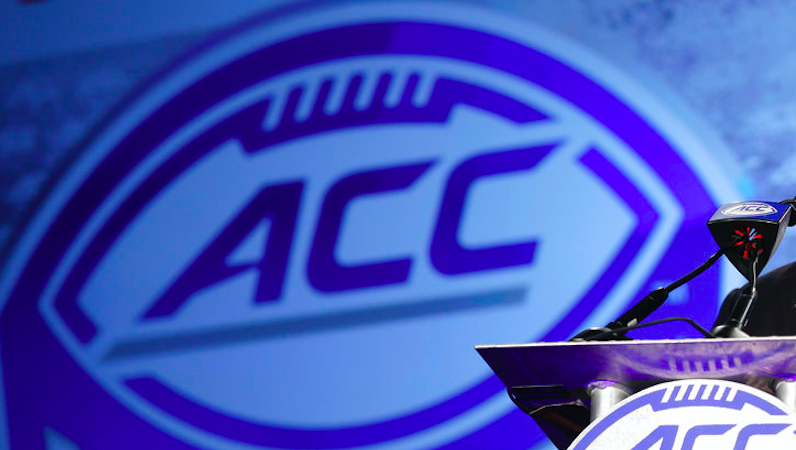CHARLOTTE, N.C. — A national point of emphasis for college football this season will be sideline management. If you haven’t already heard that term yet, well, get ready — it will be said countless times during broadcasts this season.
Essentially, college football wants to better legislate the in-game behavior of coaches. That, however, isn’t the only adaptation or rule change. Here’s what you need to know.
Sideline Management
Coaches who enter the field of play to demonstrate disagreement with an officiating decision will be subject to an immediate 15-yard penalty. It will be recorded as an unsportsmanlike penalty; it applies to both head coaches and assistants.
In the past, a warning would be issued; however, that will no longer occur. If a coach acquires two unsportsmanlike penalties before the game ends, that coach will be disqualified.
This rule doesn’t apply to coaches trying to call a timeout or signal in a play; it’s strictly for coaches that argue a call.
Game Length
Another primary point of emphasis for college football this season is a reduction in game length. The pace needs to accelerate.
A key fact to understand here, though: officials hope to achieve faster game play through administrative steps, not changes in playing rules.
The plan is for officials to make sure the game and second half start in a timely manner. Halftime will be limited to the 20 minutes set forth in the rule book. In the past, this clock would maybe start after a coach conducted a halftime interview — for instance.
That, however, will no longer be the case. Assuming there are no flags on the final play, the clock will start almost immediately.
Additional rules changes
There are two other new rules that will be implemented this season, too:
- There will be no hurdling of the offensive line on field goals and point-after-touchdowns (PAT) to block or influence a kick.
- A horse-collar tackle foul now includes grabbing the nameplate area, and immediately pulling the ball carrier down.
A lookback at 2016
Within the ACC, the average number of plays per game increased. In 2016, ACC team ran an average of 183 plays per game; that jumped up from 178 in 2015.
According to Dennis Hennigan, the ACC’s coordinator of football officiating, the three fouls that occurred the most frequently in the ACC were a false start (20 percent), offensive holding (14 percent) and defensive pass interference (11 percent)
Hennigan mentioned that those percentages are comparable with other conferences.
And finally, we arrive at targeting
There were 18 targeting fouls called in ACC games last season, per Hennigan. Two of those calls were initiated by replay officials — a rule change from 2016.
In the 2016 season, there were 135 targeting fouls called. That number was up from 118 back in 2015. This equates to one foul every six games.
According to Hennigan, replay upheld 71 percent of targeting calls on the field in 2016. The year before, replay upheld 74 percent of those calls.

















